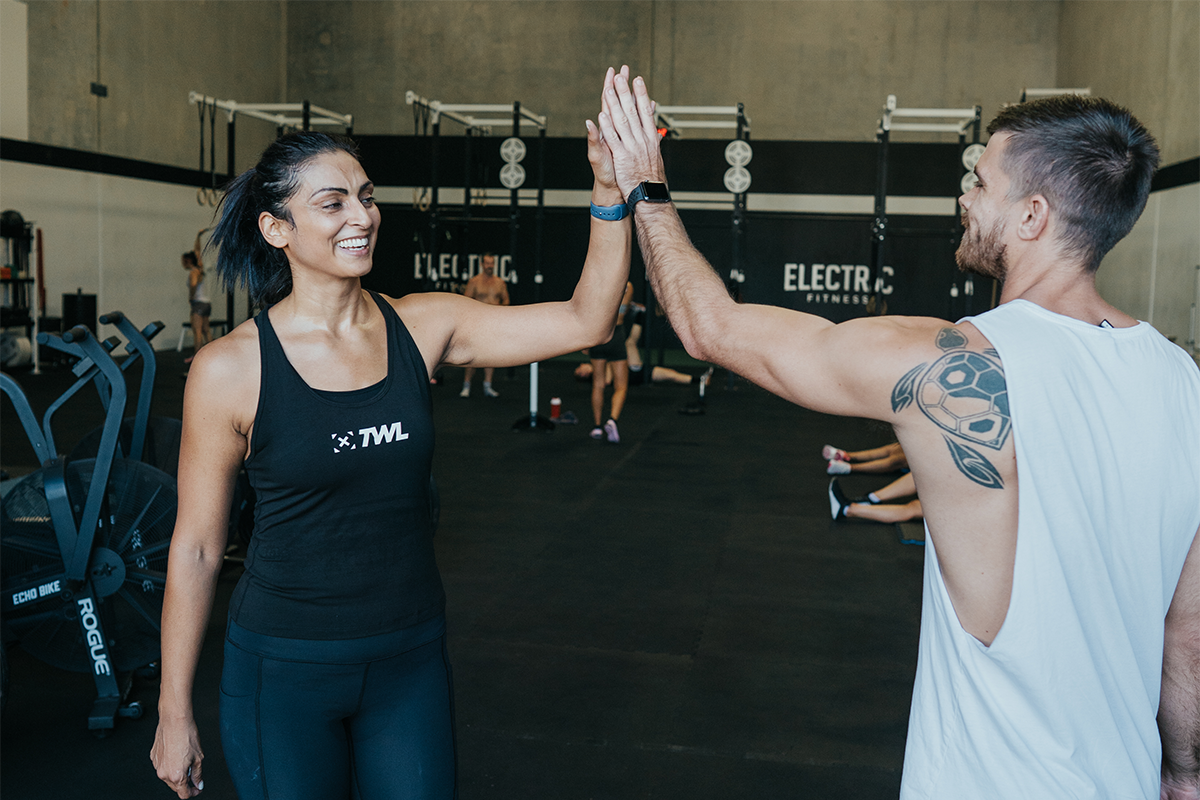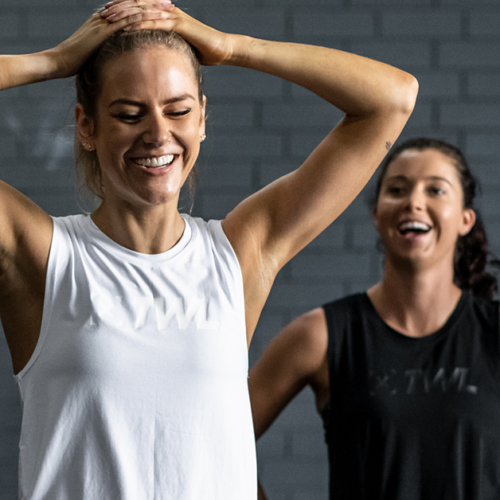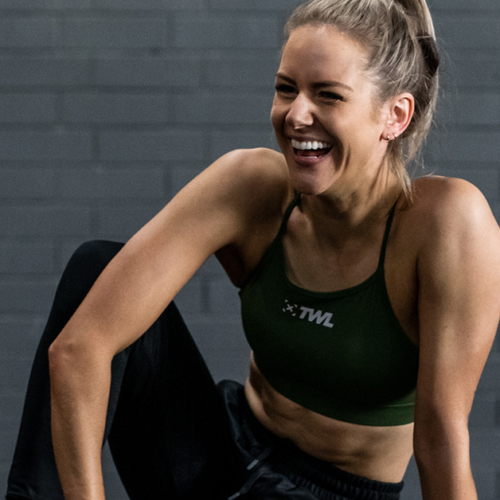Making any changes to your lifestyle and wellness can be challenging. Many people find it incredibly helpful to have goals in mind as they work through the more strenuous parts of their fitness journey.
Wellness goals are an essential part of making long-lasting changes to your health. By setting goals, you learn how to take accountability using a plan that’ll guide you to make the right decisions at the right time and in the right way. Existing research has linked setting goals with improved self-esteem and self-confidence, increased motivation, and autonomy. Studies also report a strong association between goal-setting and success.
If you’re trying to become more physically fit, realistic, well-planned goals will help you keep focused, motivated, and increase your chances of achieving what you’re aiming for.
Of course, setting goals is just one step of the process. Once you take the time to figure out what you want to achieve and what your goals are, working your way towards them is an entirely different thing.
Big changes won’t happen overnight, and not knowing how to achieve your goals can be daunting and scary. Here are five simple tips you can follow to help you accomplish your goals.
5 Ways to Accomplish Your Goals
Break Down Your Fitness Goals into Specific Mini-Goals
Reaching the summit of your journey may look impossible, but when you start by breaking down your goals into specific and more manageable short-term goals, you turn the seemingly impossible into a sequence of small and achievable steps.
Once you begin working through your mini-goals one at a time, you’re more likely to have the confidence and motivation to overcome any hindrances that can prevent you from reaching your ultimate goal. It helps to know where you’re at fitness-wise, so you can choose tasks and activities that are doable and comfortable for you.
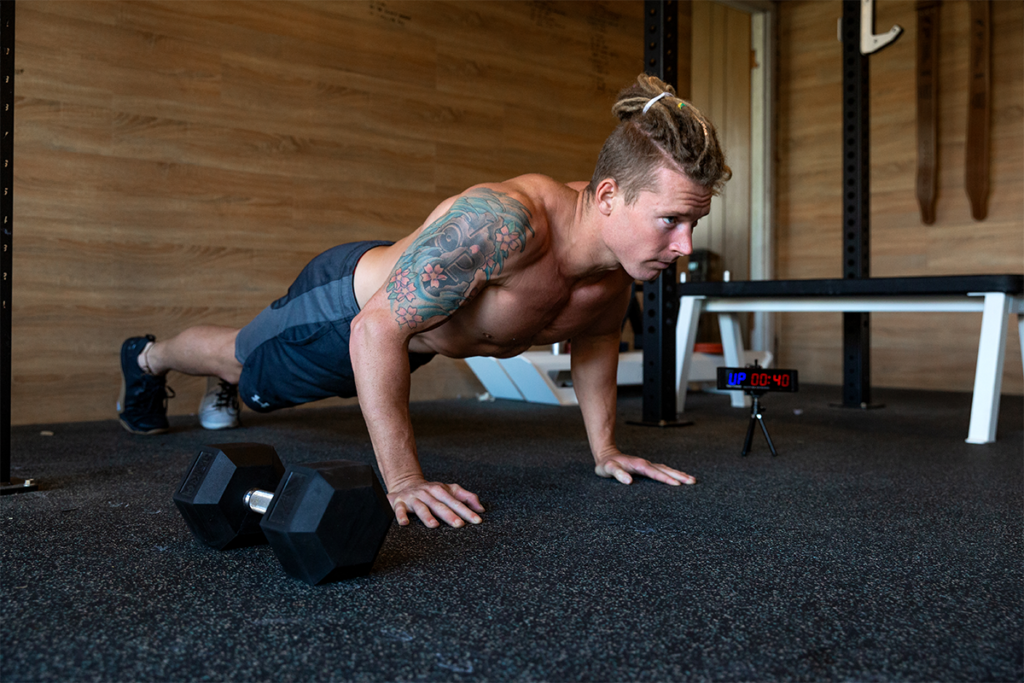
If you want to gain muscle, then a realistic plan would involve doing exercises and workouts that push your muscles to the limit and creating a proper recovery environment for them when you’re not in the gym. What exercises do you plan on doing? How often? At what rep schemes? The answers to these questions will form your mini-goals.
Follow a practical timeframe and slowly build up a pace that’s tailored for your body and needs. If you’re still unsure how to best achieve your fitness goals, talk to your coach or trainer.
Write Them Down
Transferring your goals from your mind to a piece of paper helps you get clear on what you want to accomplish. As you write them down, you will immediately get a perspective of how specific or realistic they are — whether they could be better defined or restructured.
Describing your goals in written form has been strongly linked to achieving success, and people who picture or set their goals in detail are reported to be 1.2 to 1.4 times more likely to reach their goals.
When you write down your goals, you point yourself in the right direction. When your goals are in front of you in black and white, you also learn to make yourself accountable. If you see “Gym every Thursday, Friday, and Sunday” written on a note stuck to your mirror every day, you will be reinforcing the importance of this goal into your brain, and you’re not going to get away with trying to wriggle out of it.
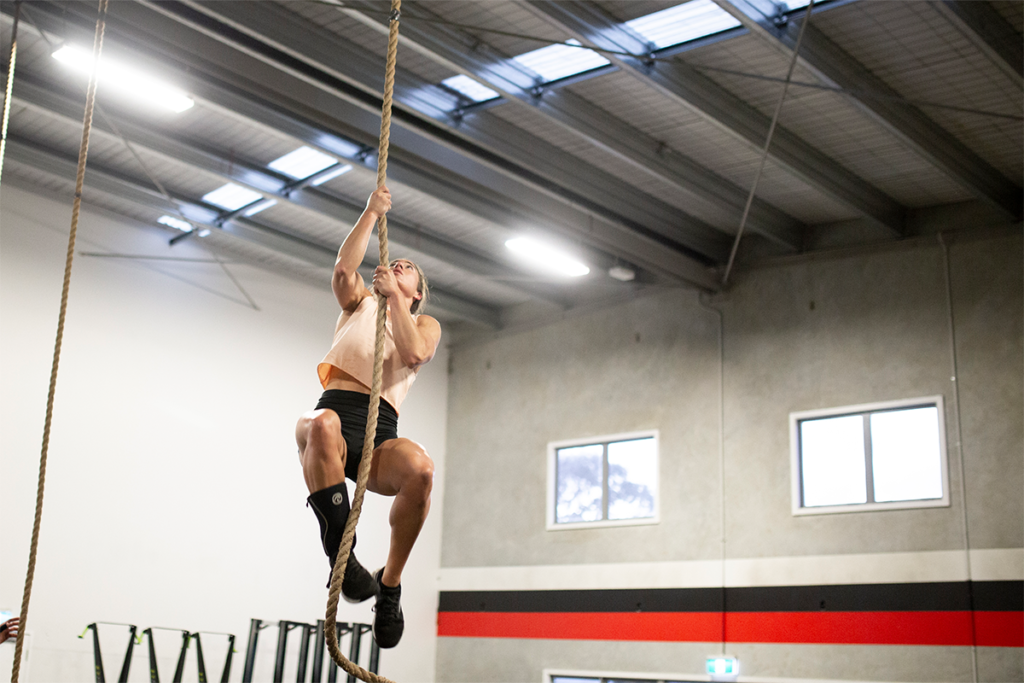
Measure and Track Your Progress
Many people fail to achieve their fitness goals because they eventually lose sight of what they want to accomplish. Tracking progress is a powerful tool — and it’s not only for keeping you motivated and productive. As you work your way towards your goals, tracking progress makes you become more purposeful about the things you do.
Monitoring progress is crucial in ensuring that your fitness goals are translated into action. If one of your goals is to make your muscles stronger, one of the simplest and most effective ways to track your progress is to log it in a workout journal.
As your body adapts to strength training exercises, your workout journal will help in reminding you to switch up your routines, so your muscles are constantly challenged. Other easy methods to track your progress are regularly taking your body measurements, checking your body composition (the percentage of muscle versus fat), and taking progression photos.
Set Deadlines
Another effective way to accomplish your goals is to create some deadlines for yourself. Without knowing when you want to complete an activity or reach a goal, you have no sense of urgency. Having no sense of urgency will have you put off your goal and make it easier to procrastinate.

When you create a deadline for a task or an activity that’ll help you move towards your goal, it forces your mind to go through the steps and time you need to accomplish it. Deadlines are the most efficient in instilling accountability and reinforcing a sense of urgency when they’re realistic, so don’t just think about “the best-case scenario” when making one. Carefully assess the steps you’ll be taking and factor in the possible challenges you might encounter along the way.
The deadlines you set should be neither too easy to meet nor impossible. For example, instead of having a goal of 10,000 steps per day (the ideal number of steps a healthy person takes), set your goal to be around 50,000-70,000 steps by the end of each week.
Reward Yourself for Each Milestone
It’s natural to want to be rewarded for all your hard work, and accomplishing your ultimate goal or mini-goals is no easy feat. In the case of mini-goals, small wins are massive motivators. So, it’s important that you recognize them and reward yourself when you accomplish them.
Celebrating your achievements — big or small — won’t only make you feel good, but it also has many psychological benefits. Rewarding yourself for successes helps reinforce positive behaviors and attitudes, and it also gives you something to look forward to.
Of course, these rewards and celebrations don’t have to be lavish or expensive. Finished a challenging routine earlier at the gym? Watch a favorite movie, read a book you’ve been itching to dive into, or try a new experience. All are simple yet fulfilling ways to reward small accomplishments.

